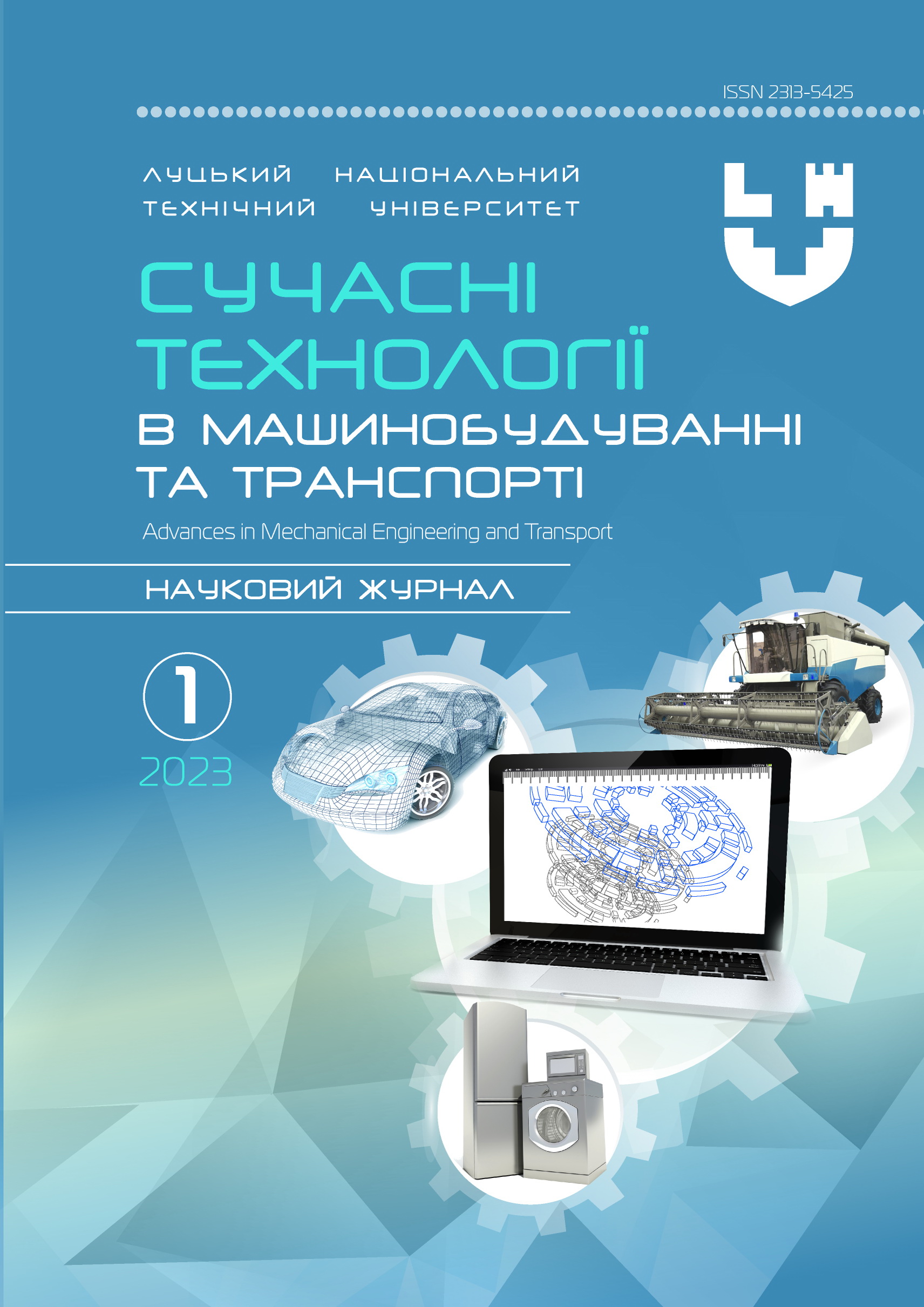Research of fuel economy offreight transport vehicles in theconditions of exploitation
Abstract
The aim of the study is to determine the fuel efficiency of heavy-duty vehicles of category N3 in the process of transporting goods under varying operating conditions using intelligent transport system tools.
In the practice of operating heavy-duty vehicles in Ukraine, considerable attention is paid to determining and obtaining such parameters as fuel consumption, technical condition, speed of movement, and others. In the study, these parameters were obtained remotely by combining real-time fuel consumption control and fuel efficiency of the heavy-duty vehicle under varying operating conditions using intelligent transport system tools. The heavy-duty vehicle of category N3 was equipped with an onboard information and communication complex, which, using developed algorithms, a formed system, and technical monitoring tools, provided the determination and combination of information in terms of fuel consumption and average speeds on movement sections, which are the main landmarks in determining the rational fuel consumption of heavy-duty vehicles. The assessment of fuel consumption for N3 category vehicles was determined for each section per day on the corresponding route, taking into account geo-zones, which were formed based on the maximum permissible speed. The analysis of parameters for a day was performed due to the different temporal and spatial extension of the route. In addition, an analysis of changes in vehicle speeds on cargo transportation routes was conducted as one of the main parameters forming fuel consumption. For each section within the respective geo-zone, speed limits were indicated (in the city - 50 km/h). The results of experimental studies were used as the basis for the mathematical model to obtain the fuel utilization coefficient and the steady fuel economy coefficient of the heavy-duty vehicle.
Keywords: vehicle, fuel efficiency, operating conditions, information technology, monitoring, average speed, infrastructure.




